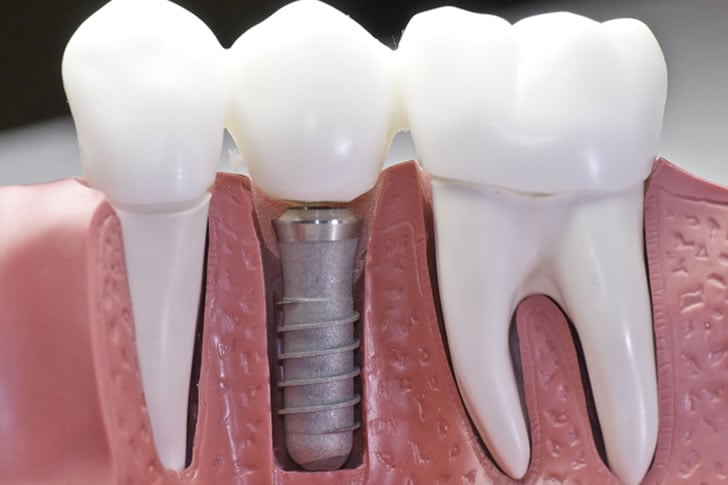Maintaining good oral health is crucial, but it can be costly. Here are ways to leverage Medicare for dental implants and ensure optimal oral health.

Medicare is a federal health insurance program mainly for individuals aged 65 and older, though some younger people with disabilities may qualify. It consists of different parts: Part A (Hospital Insurance), Part B (Medical Insurance), Part C (Medicare Advantage), and Part D (prescription drug coverage).
One of the very frequently asked questions about Medicare is its coverage for dental procedures, notably dental implants. Unfortunately, traditional Medicare (Part A and Part B) generally does not cover dental care, including dental implants. However, there are some exceptions and options:
Some Medicare Advantage plans offer additional dental benefits which might include dental implants. Always check the specific offerings of your Medicare Advantage plan.
These plans help cover costs not included in Medicare Part A and B, and some might offer dental coverages.
Given that Original Medicare does not cover dental implants, opting for a Medicare Advantage plan with dental benefits is wise. Here’s how to select the top plan:
It’s essential to have a detailed discussion with your dentist to understand the entire process and costs involved in getting dental implants. Your dentist may also provide insights into how to maximize your dental benefits under Medicare.
Since dental implants can be a significant investment, financial planning is crucial. Here are some tips:
Regular dental visits for check-ups and cleanings can prevent serious oral health issues and may reduce the need for extensive procedures like implants.
Maintaining a good oral hygiene routine can stave off many dental problems. Key practices include:
A balanced diet is vital for maintaining healthy teeth and gums.
Even if you’re not currently experiencing any dental issues, it’s essential to have your oral health regularly assessed.
If your Medicare plan doesn’t cover dental implants, consider standalone dental insurance.
Navigating Medicare for dental implants and maintaining excellent oral health can be challenging but manageable with the right strategies. Ensuring you select an appropriate Medicare Advantage plan, planning financially, and adopting good oral health habits are key steps in maintaining your smile. Remember, proactive care today can save you from extensive dental procedures in the future.


